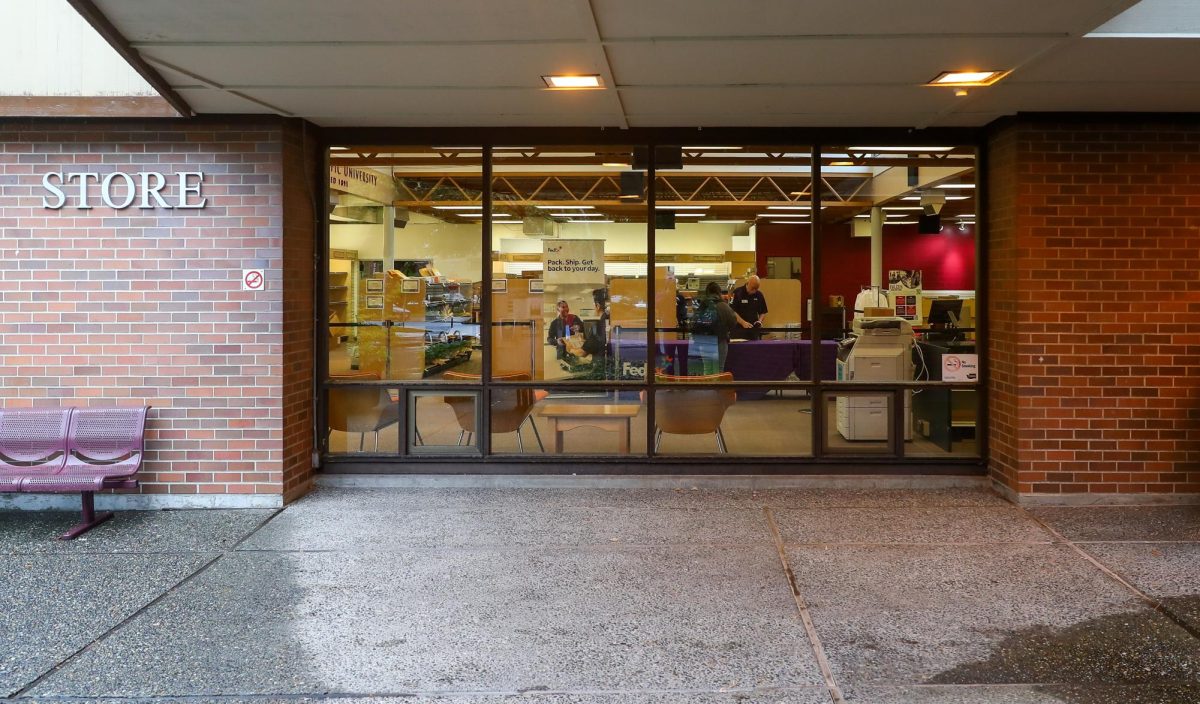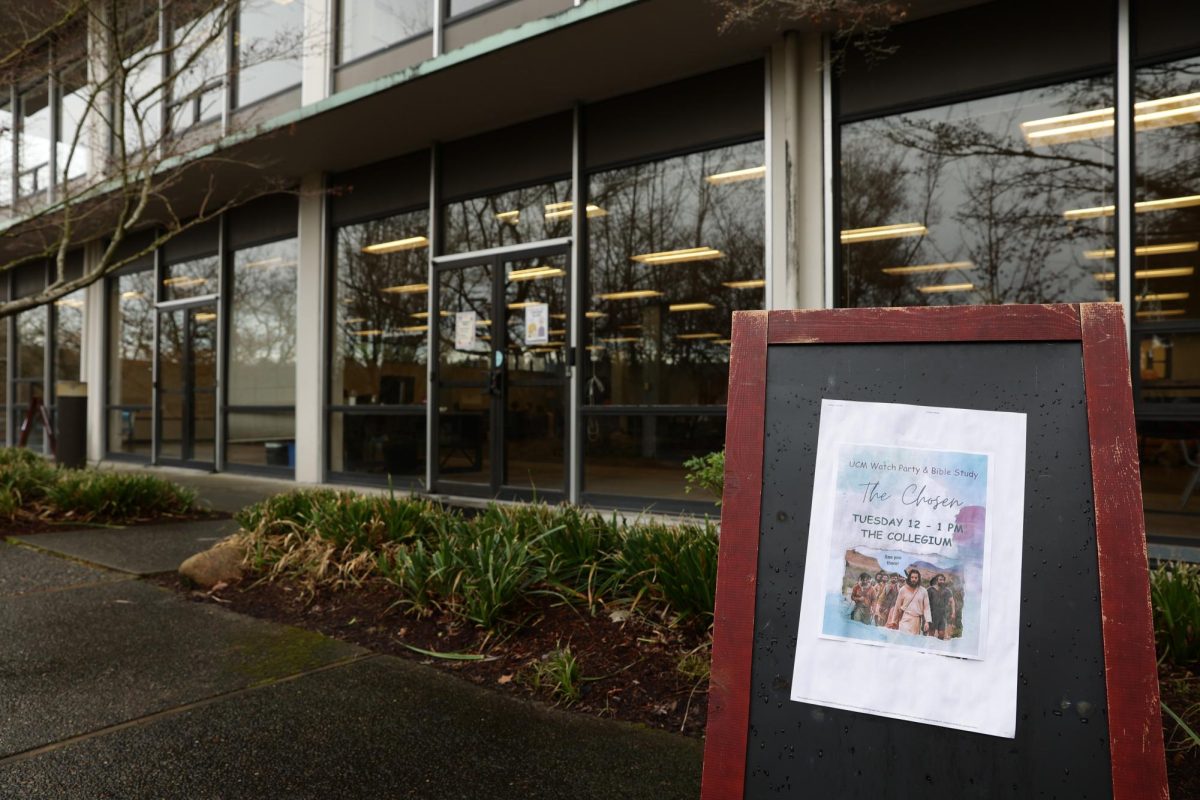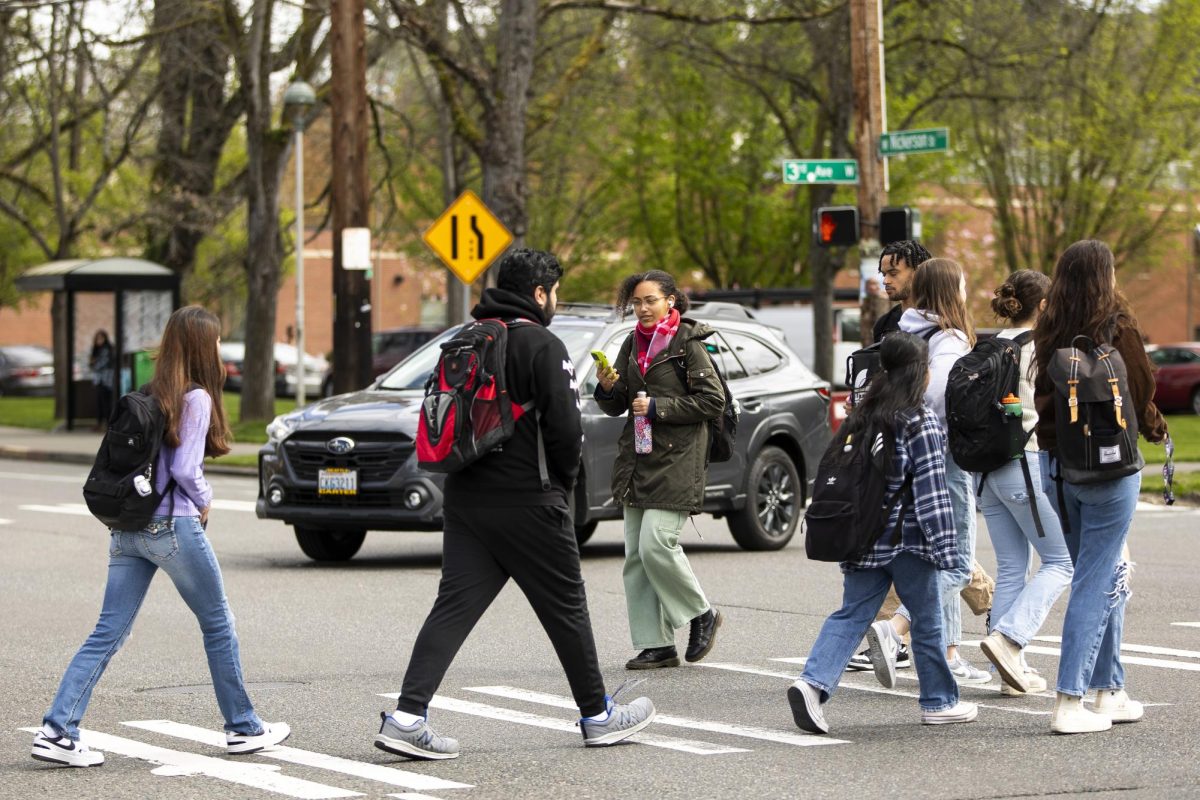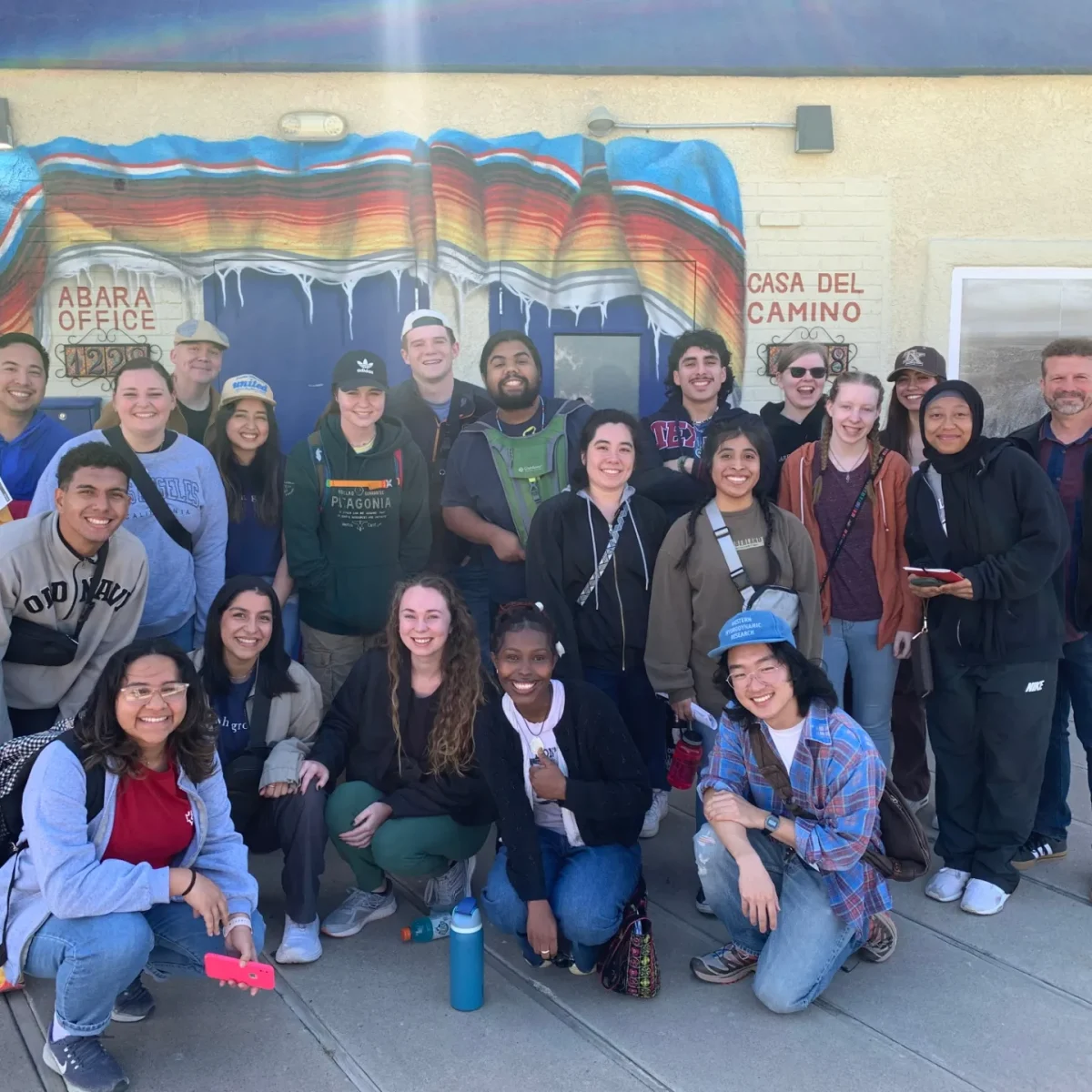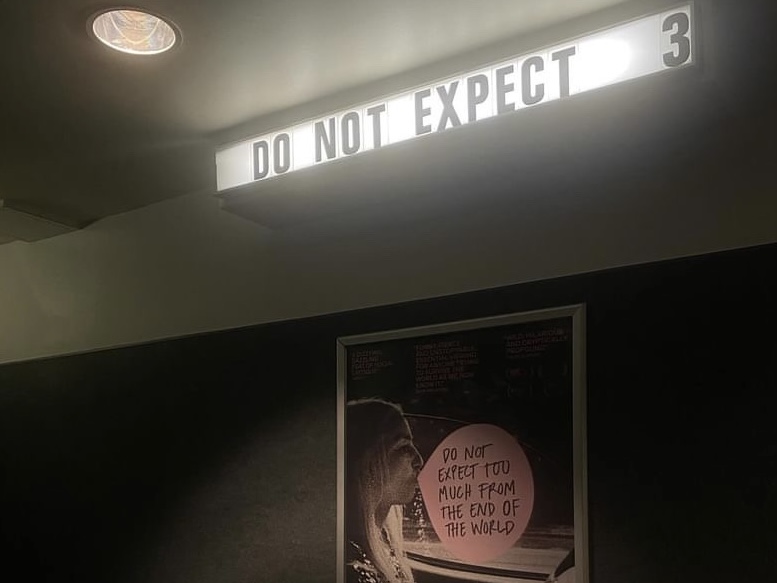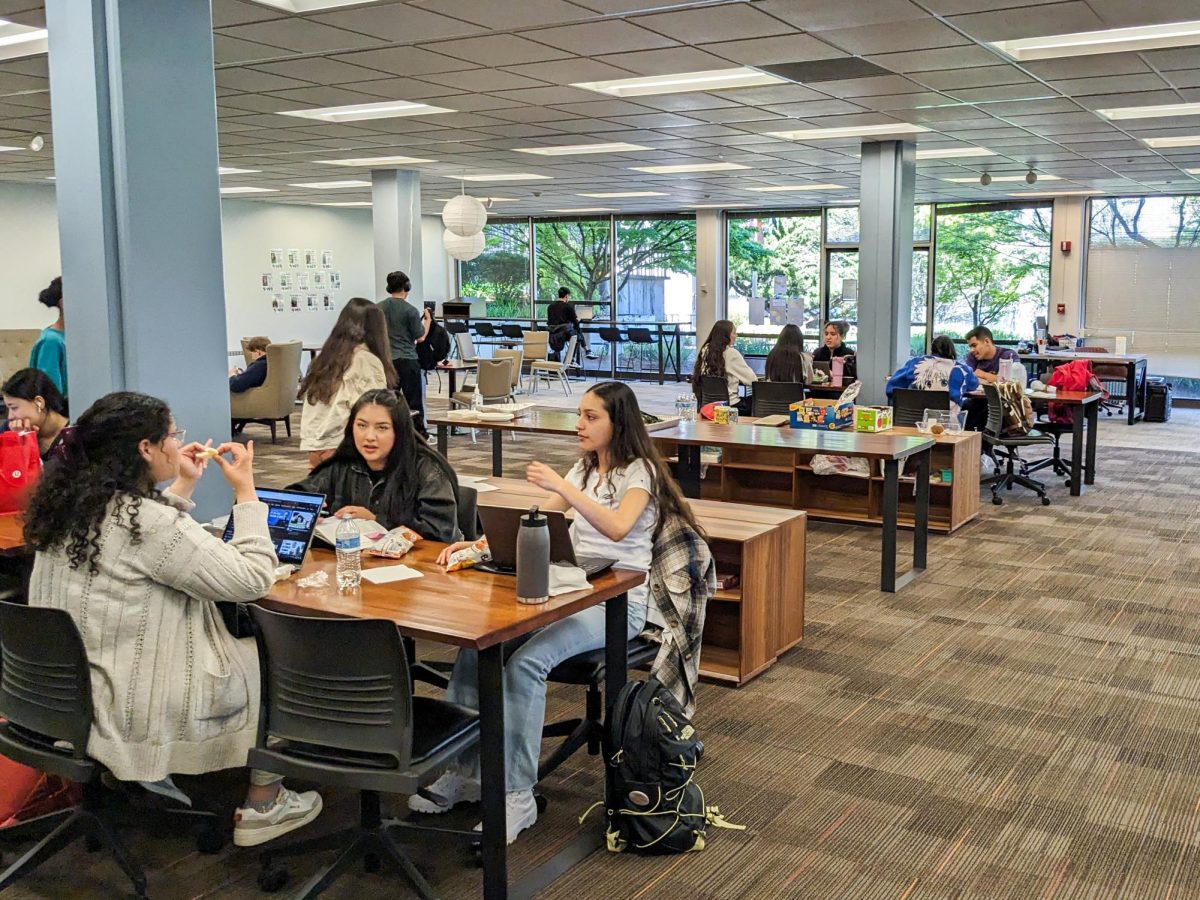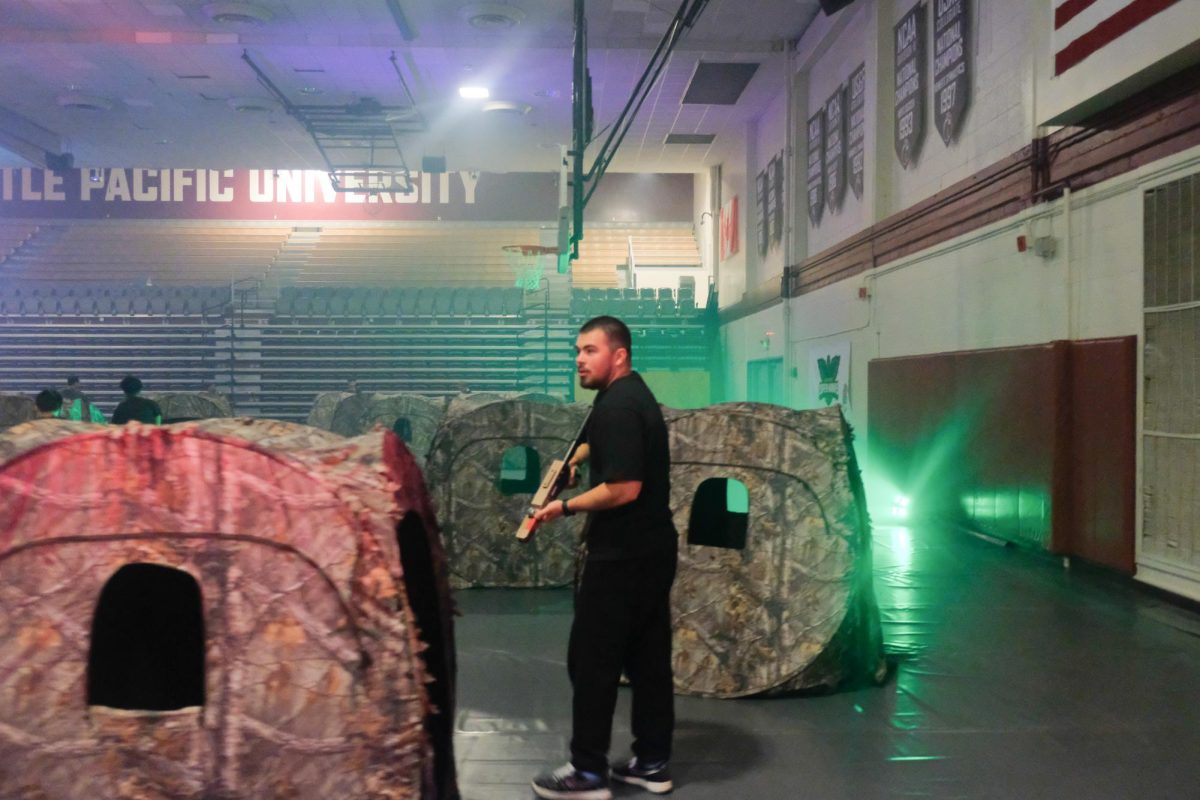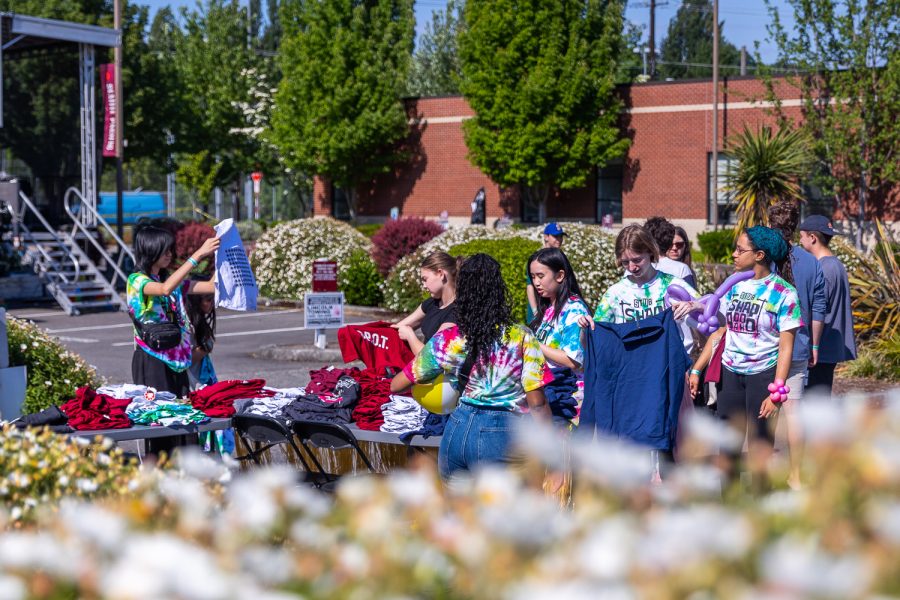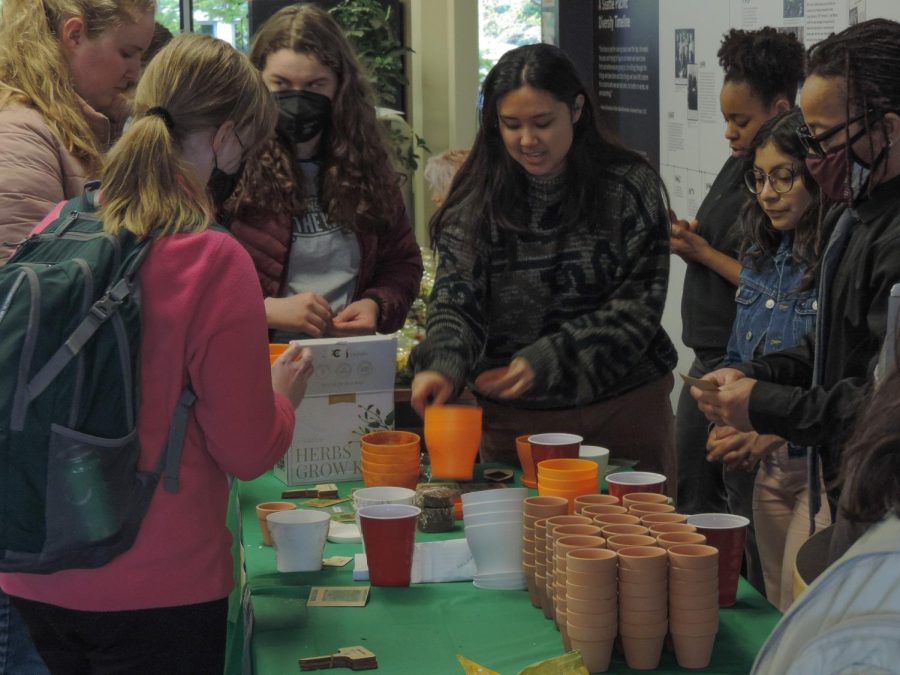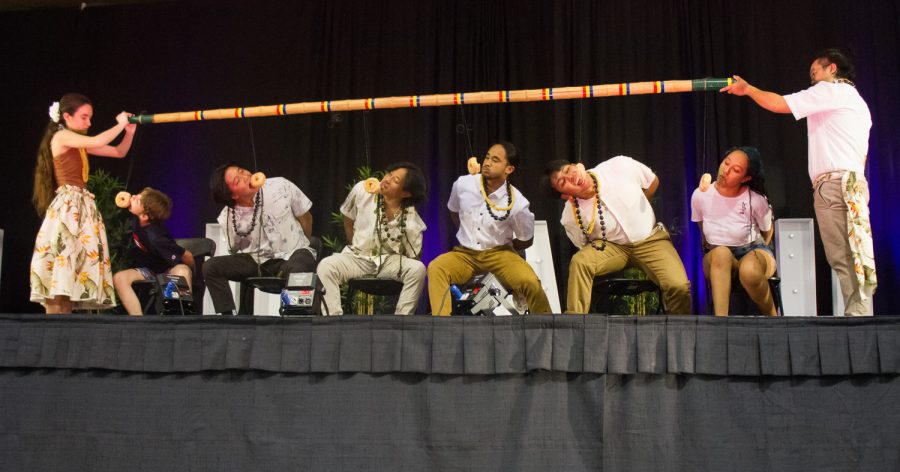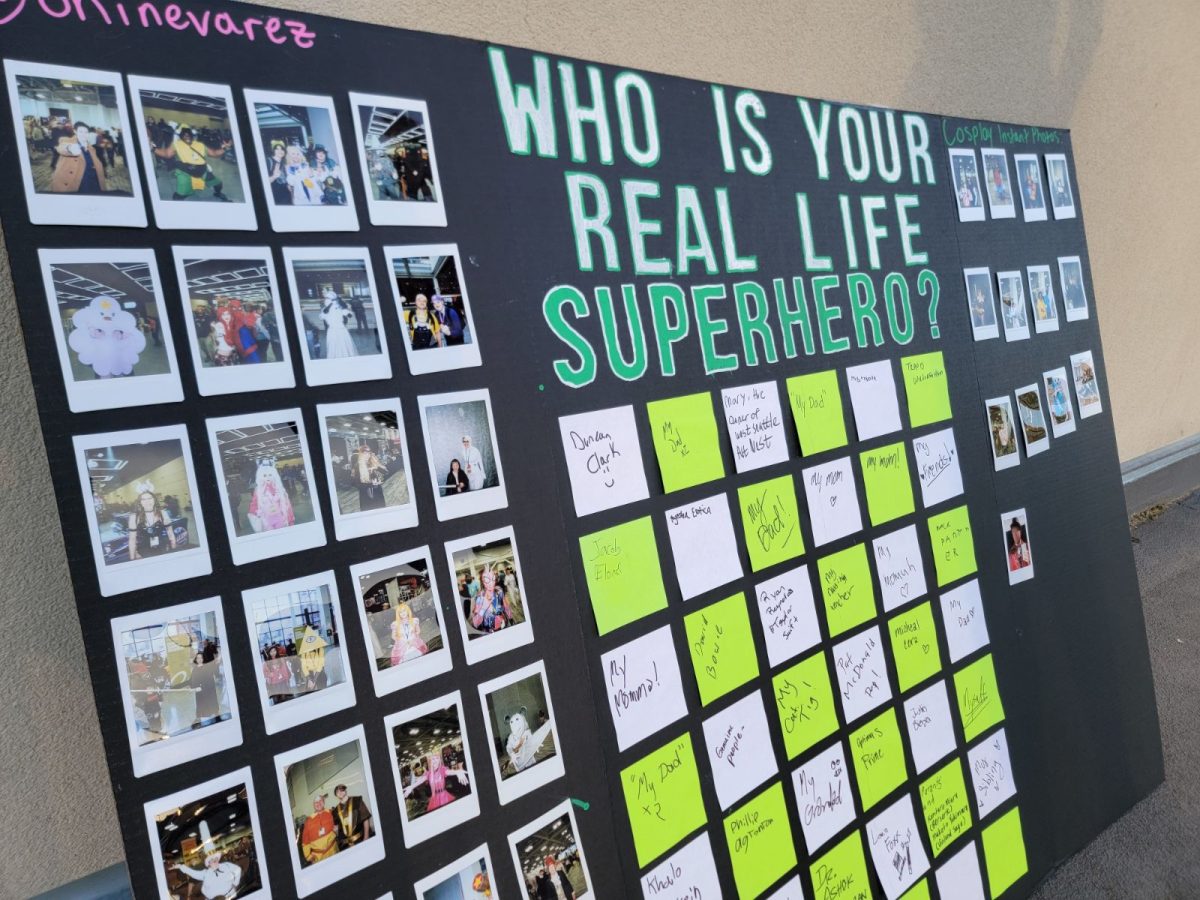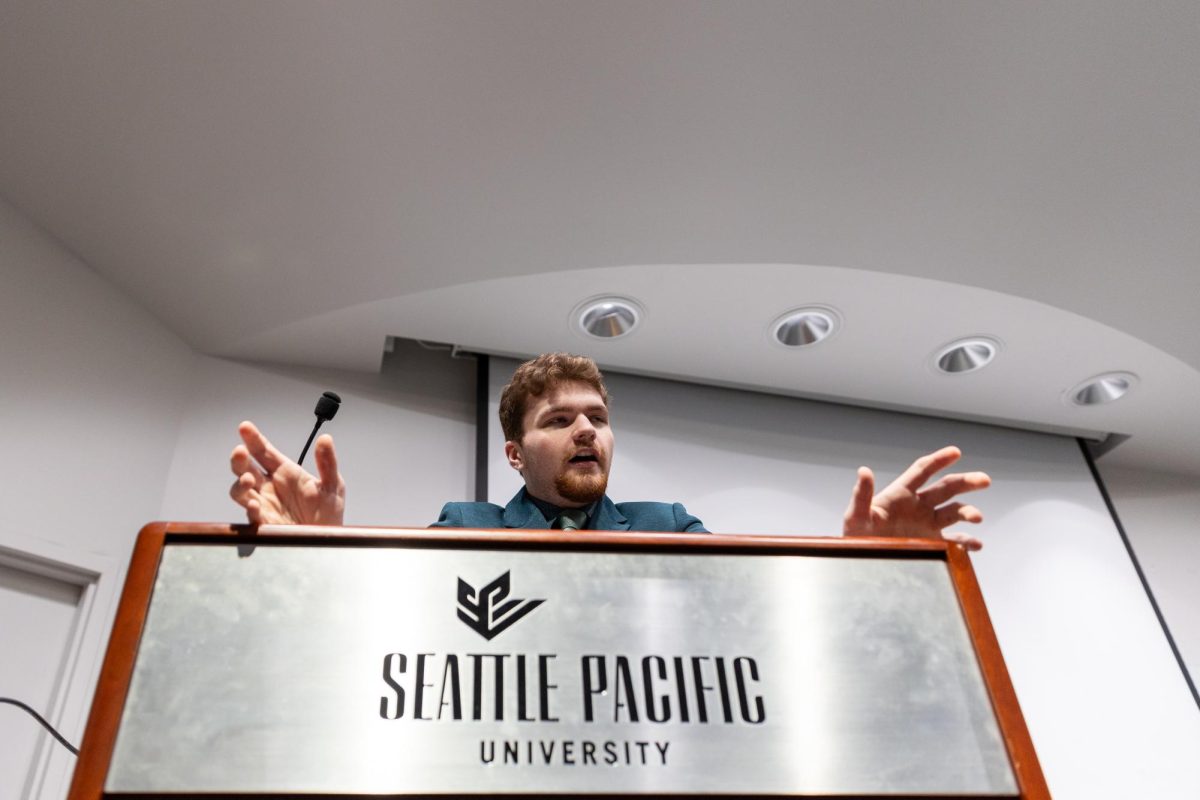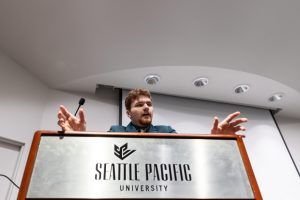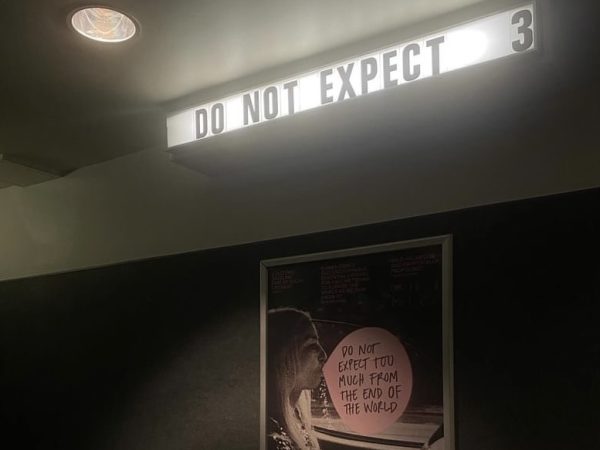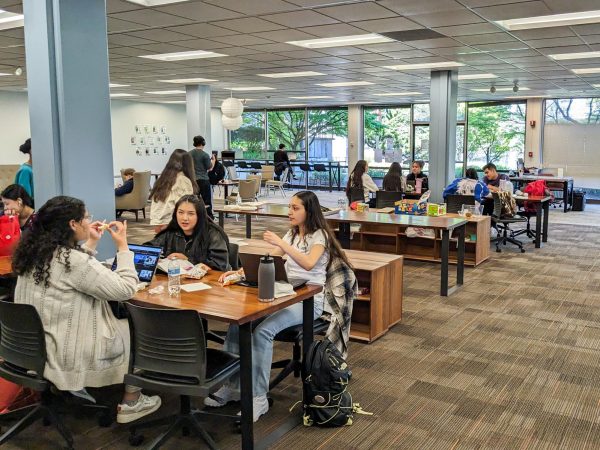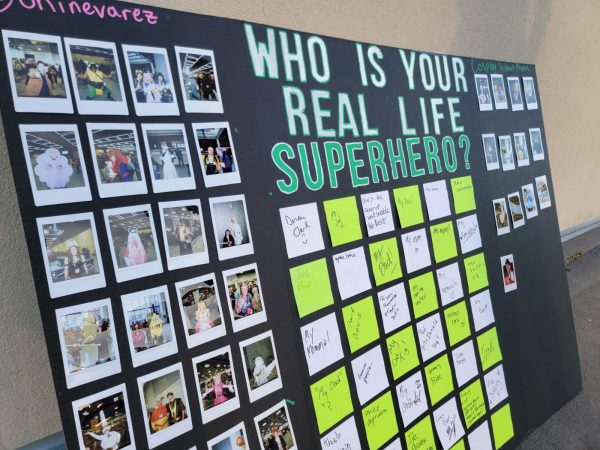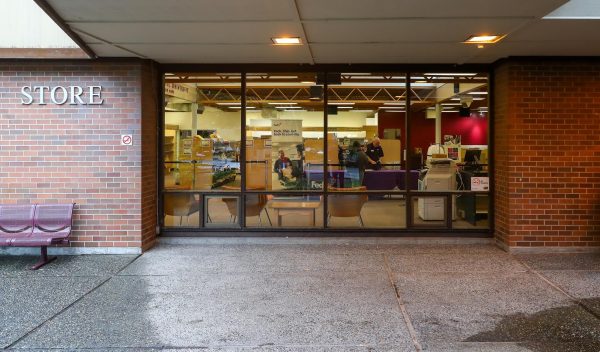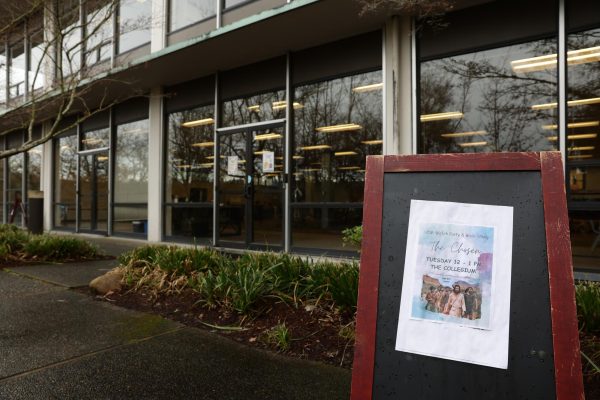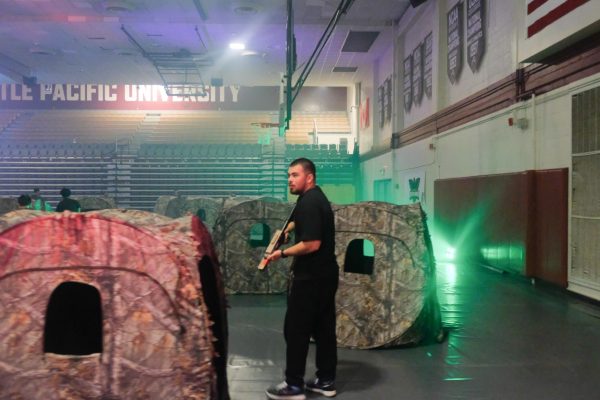Knowledge or scheming?
Preparing for real life by learning to work the system
February 17, 2022

When I think of all the years that I’ve spent and continue to spend in school, I can’t help but feel a little cheated.
Looking back on my time in high school, a lot of it just seems like a huge waste. Every year it was the same content recycled in more complicated language, the same concepts taught with a smidge more complexity than in previous years. Maybe that was just my experience.
Discussing this topic with many others, though, I’ve found that most of us do agree upon one thing: The purpose of the education system revolves more around mental flexibility and working the system, rather than knowledge and mental development.
Many of the idealists and optimistics (myself included) studying humanities will speak fondly of knowledge and growth. We desire fulfillment that is felt through the comprehension of languages and information. We thrive in environments that offer intellectual stimulation and require mental engagement with concepts that are applicable to our world.
Despite this enthusiasm, however, it is the unfortunate case that the education system is not set up in a way that attempts to satisfy this growth mindset.
Throughout high school, the majority of my time was always spent figuring out how to word my essays or select certain answers that were most likely to appeal to the particular teacher of that subject. My grades always started off alright but got better through the semester as I learned how to answer the questions based on what was expected of me to answer.
I met their expectations. Perhaps not their long-term expectations of my learning based on the goals highlighted in their syllabuses, but I did provide what was temporarily satisfactory in terms of the types of responses that they preferred for their questions.
Carefully, I molded to and picked up their opinions and moral views — if only momentarily, to satisfy the narrow prompts that were offered on tests or quizzes.
School was not about learning. It became a people-pleasing scheme — please the teacher, get the grade.
Then came college. I had finally made it to a place where I’d be able to focus more on topics that actually interested me, without being confined to the basic-ness of high school classes. Not quite.
As I navigated within the boundaries of grades and GPA, I found myself bored and unable to study. I was enthusiastic but unfocused. The goal of having a certain number in my academic records still prevailed, and to satisfy that goal, my head stayed stuck in people-pleasing mode.
And so I talked to professors, asked for extensions and formed alliances with other students. For essays and exams, I tried to run through the professors’ syllabi and course objectives, in hopes of figuring out what our instructors were hoping to hear from us (as opposed to coming up with something more original on my own).
Perhaps learning to work the system is simply a part of our development process as young adults. But one must ask the question, were we really meant to go about life constantly scrutinizing the desires and intentions of other people?
In real life, this people-pleasing has to be done in a discreet way, hidden by other loosely kept goals and motivations. That’s kind of how it is in school too – discreet, working the system disguised by grades and the promise of knowledge.
This may sound a little cynical, but school has taught me that life is just one big grand scheme. Overall it’s good to be hopeful and optimistic, but one should try to approach life realistically, and remember that behind everything is a system to be deciphered.



